
More than one in five children of secondary school age in the North West - an estimated 90,000 young people - feel dissatisfied with their lives, according to new analysis by The Children’s Society.
The national charity analysed the findings of a survey of 11-16-year-olds in every region of England about their satisfaction with life.
Of the children who took part in the North West, 21 per cent gave low scores of less than five out of ten when asked to rate their satisfaction with life. That is equivalent to more than 90,000 children of that age in the North West.
Scores for children completing the survey in the region ranged from an average of 6.1 out of 10 in Bolton and 6.2 in Blackburn to 6.9 in Cheshire East and Stockport. Data was not available for every council area but the scores indicate that children in some areas of the region may be struggling more than others.
The findings, from the Sport England Active Lives Children and Young People Survey, pre-date the coronavirus pandemic and were analysed by The Children’s Society as part of its annual Good Childhood research.
The charity’s analysis also found that 23 per cent of children in the North West, an estimated 97,000, reported being unhappy the previous day, while 18 per cent, an estimated 78,000 children, felt the things they did in life were not worthwhile.
The Children’s Society’s 2020 Good Childhood Report, published in August, highlighted a fall in the well-being of 10-15-year-olds in the UK between 2009 and 2018 based on findings from a separate survey. This showed that school and appearance are the aspects of life the greatest numbers of children are unhappy with.
Mark Russell, Chief Executive at The Children’s Society, said: “It’s heart-breaking to learn that even before Covid so many children in the North West felt dissatisfied with their lives, that they lacked purpose and were feeling unhappy at the time of this survey.
“The fear is that the pandemic will only exacerbate this situation, with all the indications from our frontline support for children and our research being that the pandemic is taking a huge toll on young people’s well-being.
“This situation is not acceptable or inevitable, but as a society we need a better understanding of how children are feeling and what is causing this in order to decide how best to send this worrying trend into reverse.
“We are calling on the Government to introduce the kind of regular national measurement of children’s well-being which is already in place for adults - but in the meantime we are urging local areas to take action.
“We want councils to carry out regular assessments of children’s well-being and work with partners to develop a local well-being strategy including the development of services which support children and young people’s well-being.
“While it will take time before we start to see improvements, with concerted efforts from everyone we can start to help children feel happier about their lives and give them real hope for the future.”
The Children’s Society says local well-being strategies could include the introduction of open access, drop-in emotional health hubs, offering support without the need for an appointment as well as investment in youth services and early help for struggling families.
In Greater Manchester the charity runs a service called Safe Zones, commissioned by Greater Manchester’s ten clinical commissioning groups and working in partnership with local charities based in youth centres. It provides a safe place for 13-18 year olds experiencing a mental health crisis to talk and receive support from specially trained staff, 365 days a year. Referrals come from local crisis care teams, but young people who have accessed Safe Zones previously can re-refer at any time.
Safe Zones is part of the Greater Manchester crisis care pathway for children and young people. The aim of this is to make sure young people receive the right help, in the right place, at the right time.
The Children’s Society is also calling on councils to sign a joint letter it has drafted to the Secretaries of State for Education and Health, calling on the Government to start measuring children’s well-being.
· The Sport England Active Lives Children and Young People Survey was completed online by more than 100,000 children aged 5-16 across England during lesson time in schools during the 2018/19 academic year. These children were from a sample of schools drawn from a Department for Education database. The Children’s Society looked at responses by more than 57,000 children aged 11-16 (in school years 7-11) to three questions developed by the Office for National Statistics as national measures of children’s well-being. Younger children were not included in the charity’s analysis because they were only asked the question about happiness yesterday. Children whose responses we analysed were asked to state on a scale of 0 to 10 (where 10 is the most positive response):
· How satisfied they feel with their life nowadays
· How happy they felt yesterday
· Whether they feel that their life is worthwhile
· We presented mean scores for all three measures in Appendix D of the Good Childhood Report 2020. We are able to present data for just under 70% of local authorities. 30% have been excluded due to the sample being too small or data being unavailable for Years 7-11 in the local authority area.
· The scores of different local authorities, taken at face value, give an indication of areas where children might be struggling more than others but should be approached with caution. Due to sampling and the number of children taking part varying across areas, the local authority data differences may not be statistically significant. The fact that not all local authorities were included because not enough children took part in all areas makes it challenging to understand the significance of the differences. We recommend local areas use these figures as a starting point to understand children’s well-being in their area, but that they should be considered in the round along with other sources of information.
· The estimates for the number of children in the region feeling dissatisfied with life, feeling unhappy the previous day and feeling the things they did in life were not worthwhile were produced using Department for Education figures for the number of pupils at secondary schools in the region. These schools also included city technology colleges, academies, free schools, university technical colleges and studio schools. We worked out the proportion of children in the region who gave a score of below five out of ten for each of these measures then applied this proportion to the number of children attending secondary schools in the region to come up with our estimates.
· The Children’s Society’s finding in the 2020 Good Childhood Report that children’s happiness with life as a whole has declined between 2009 and 2018 is based upon analysis of the Understanding Society survey. Analysis of the survey showsthe proportion of 10-15-year-olds in the UK who were unhappy with life as a whole increased from 3.8 per cent to 5.9 per cent between 2009 and 2018. The areas of life that greatest numbers of children were unhappy with were school and appearance. Understanding Society is a longitudinal study covering households in the UK. A representative, random sample of households is interviewed annually, with questions answered by adults and children aged 10-15. The analysis included in The Good Childhood Report 2020 is based on responses from children to a youth questionnaire. This contains questions on children’s overall subjective well-being and five other aspects of children’s lives – family, friends, appearance, school work and school. The survey uses a 7-point scale to measure children’s happiness which The Children’s Society converts into a score of 0-10. Analysis of the latest data from Understanding Society (for wave 9 or 2017/18) is based on weighted data from an overall sample of 2,800 children who completed the survey. Data are weighted to ensure that the analysis is as representative of the general population as possible.
Visit our website at http://www.childrenssociety.org.uk

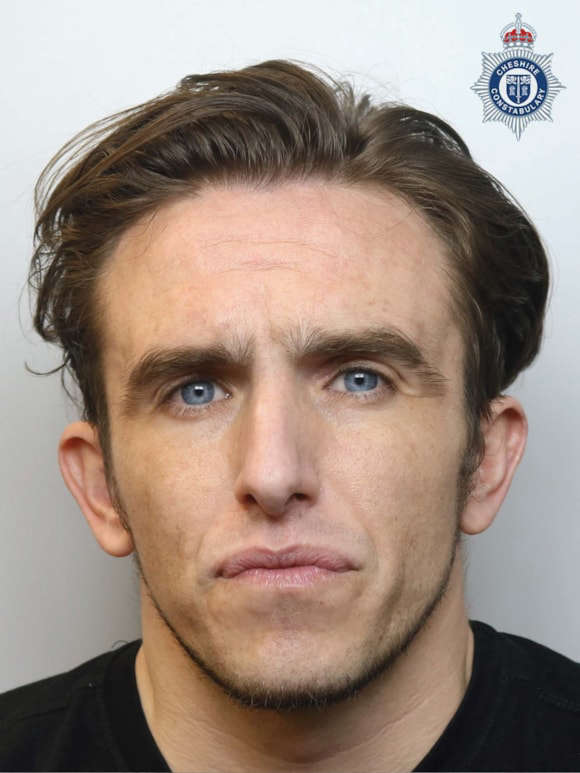 Drink driver jailed following fatal collision in Crewe
Drink driver jailed following fatal collision in Crewe
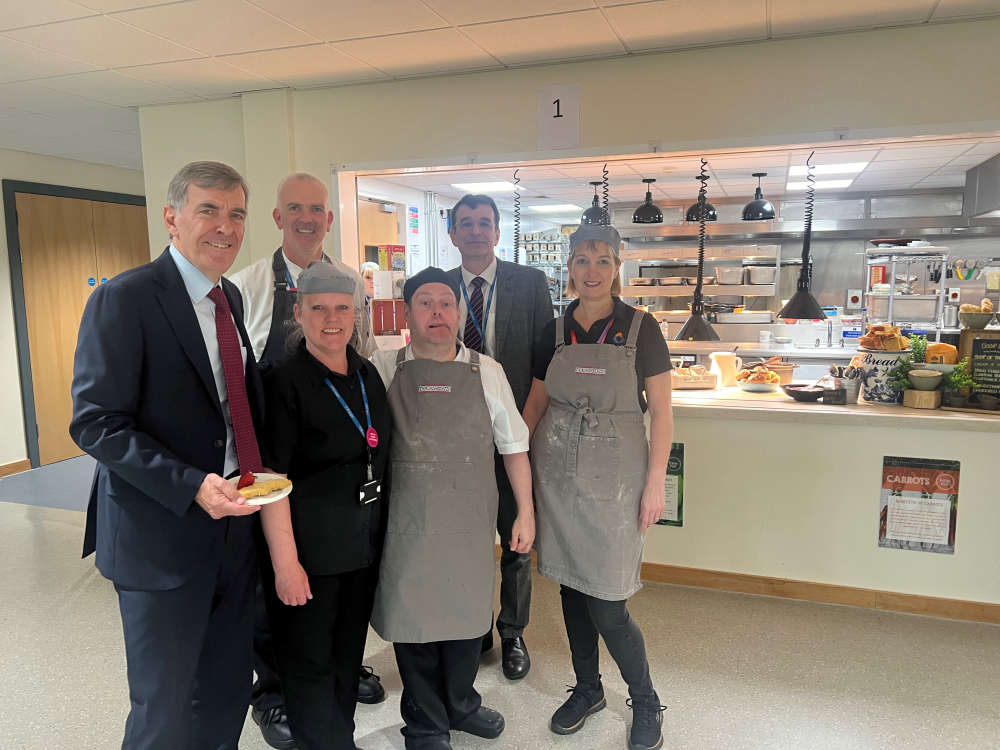 MP Praises WorkTaste Placement at King’s School
MP Praises WorkTaste Placement at King’s School
 Three men sentenced for drug dealing in Macclesfield
Three men sentenced for drug dealing in Macclesfield
 Tree planted to honour devoted foster carers during Foster Care Fortnight
Tree planted to honour devoted foster carers during Foster Care Fortnight
 Appeal for information following serious sexual assault in Knutsford
Appeal for information following serious sexual assault in Knutsford
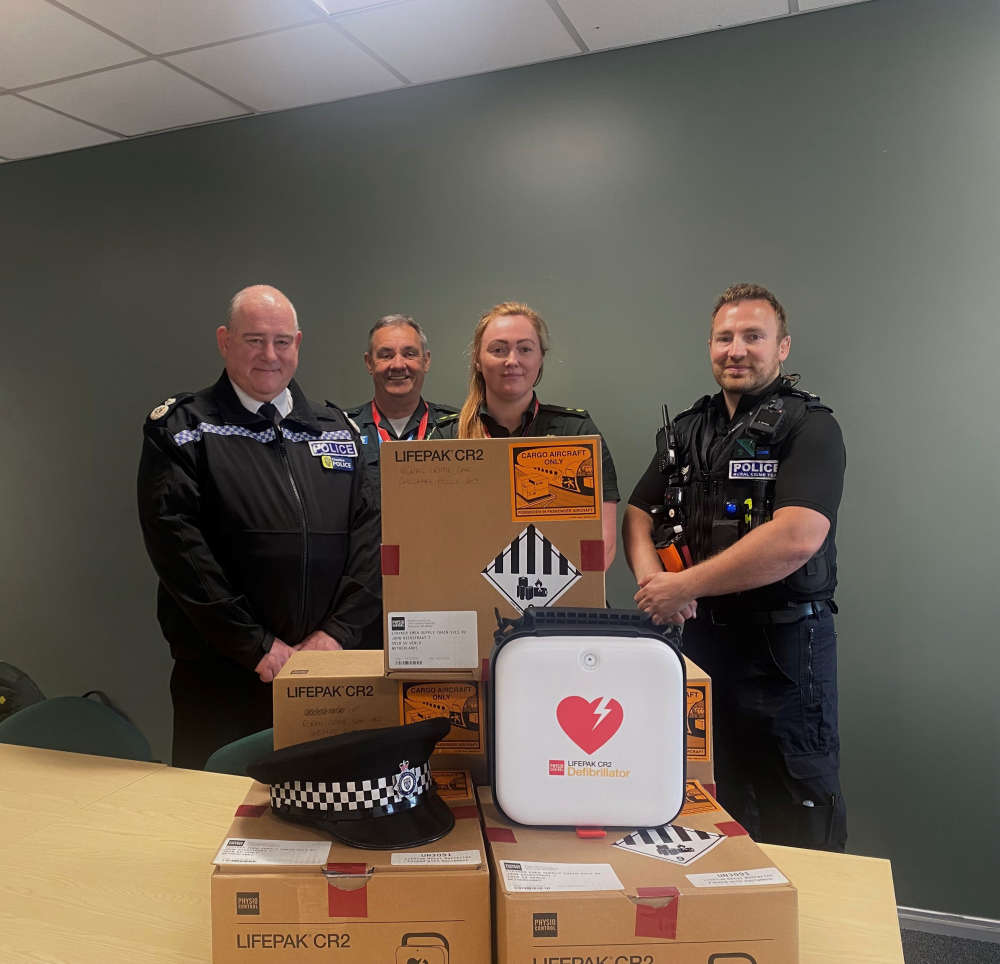 Rural Crime Team equipped with mobile defibrillators
Rural Crime Team equipped with mobile defibrillators
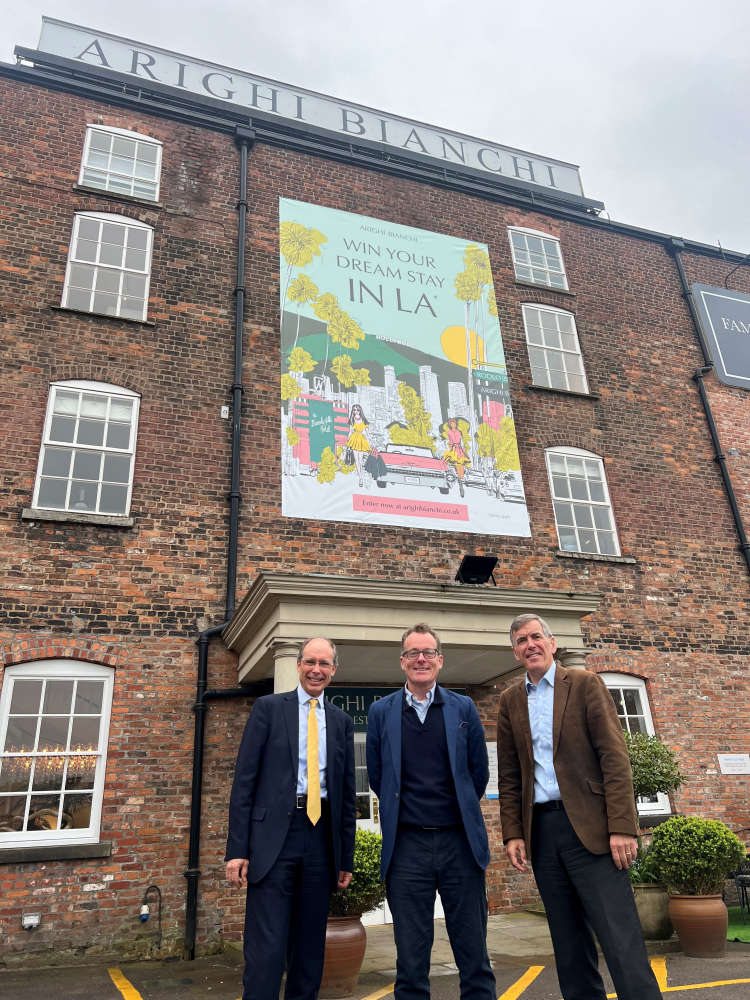 Enterprising Future For Macclesfield
Enterprising Future For Macclesfield
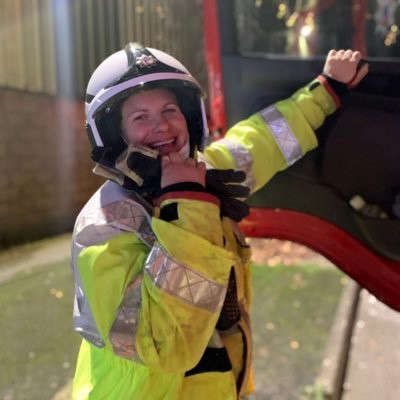 Is being a wholetime firefighter the job for you?
Is being a wholetime firefighter the job for you?
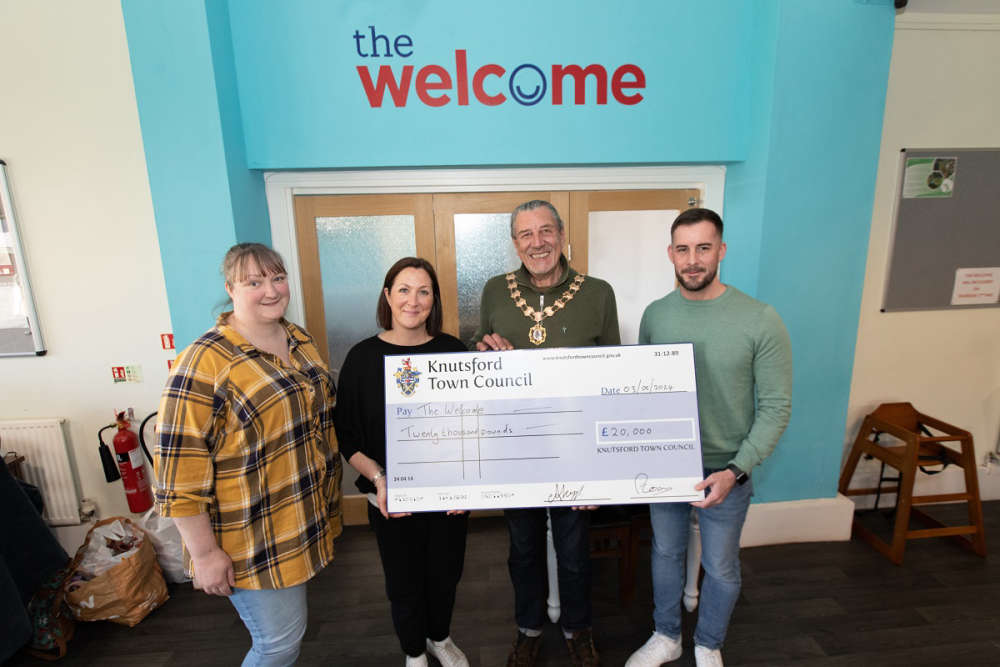 Community café and support centre has secured support from Knutsford Town Council
Community café and support centre has secured support from Knutsford Town Council
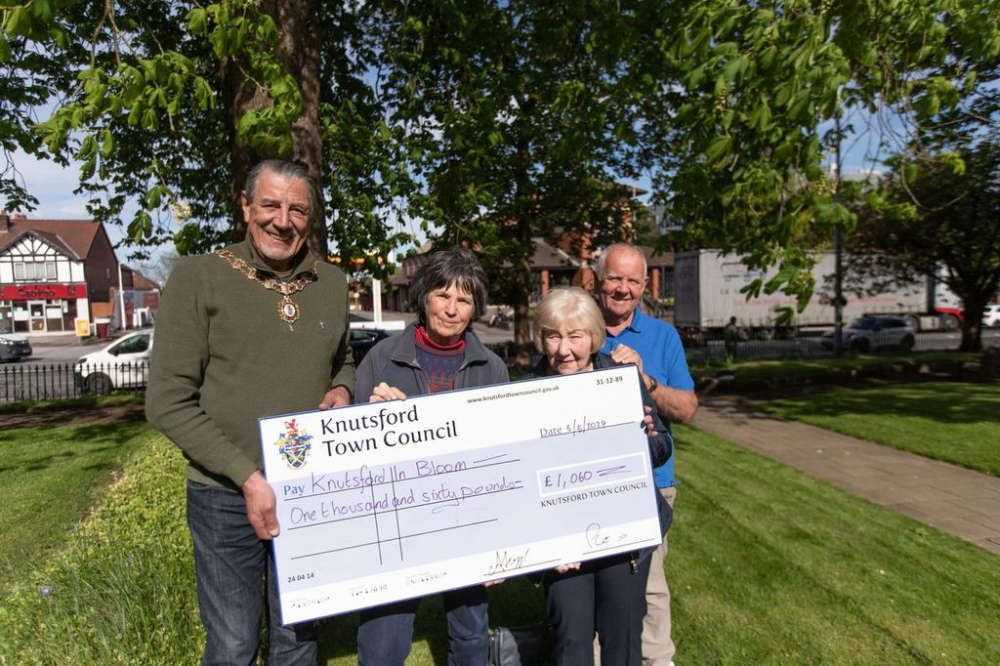 £1k boost to Knutsford In Bloom
£1k boost to Knutsford In Bloom
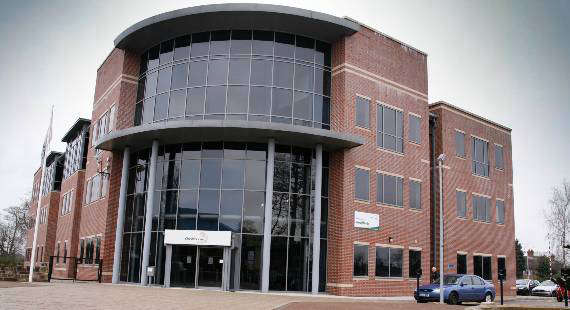 Council and football club strike deal to deliver major revamp of local sports facility
Council and football club strike deal to deliver major revamp of local sports facility
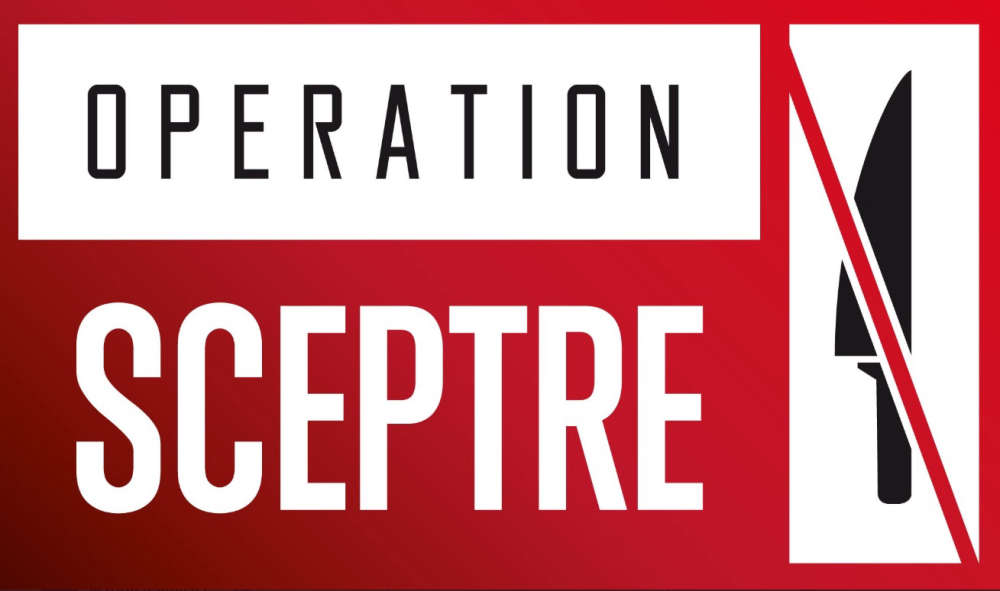 Cheshire Constabulary to support national operation to cut out county-wide knife crime
Cheshire Constabulary to support national operation to cut out county-wide knife crime
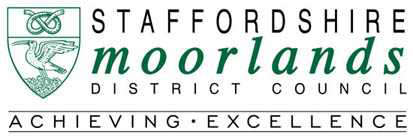 It's up to everyone to help keep public toilets open
It's up to everyone to help keep public toilets open
 Local swim school takes lifesaving efforts onto dry land
Local swim school takes lifesaving efforts onto dry land
 Deal to deliver major revamp of local sports facility
Deal to deliver major revamp of local sports facility
 Work gets underway on Congleton War Memorial Hospital’s ‘Wellbeing Garden’
Work gets underway on Congleton War Memorial Hospital’s ‘Wellbeing Garden’
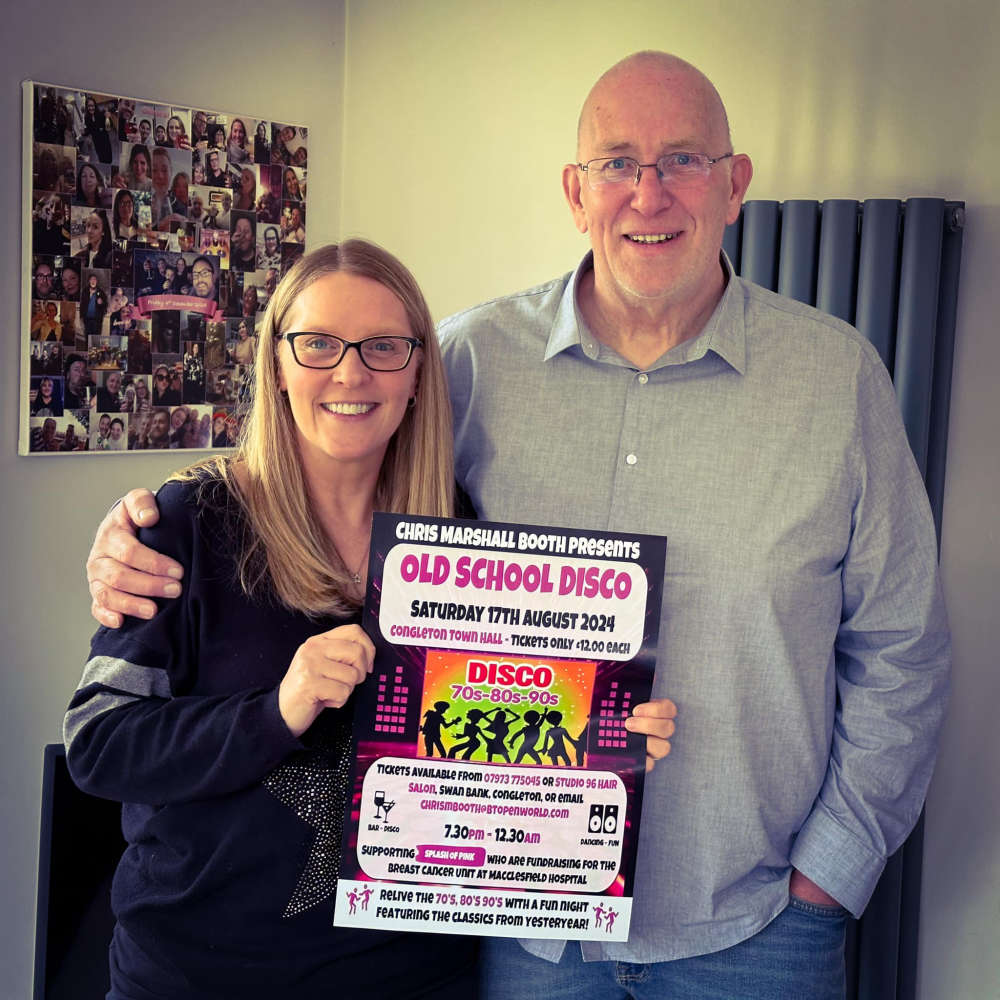 Old School Disco night in aid of Macclesfield Hospital’s breast screening unit
Old School Disco night in aid of Macclesfield Hospital’s breast screening unit
 Rugby player Doddie Weir’s MND campaign celebrated at RHS Flower Show Tatton Park
Rugby player Doddie Weir’s MND campaign celebrated at RHS Flower Show Tatton Park
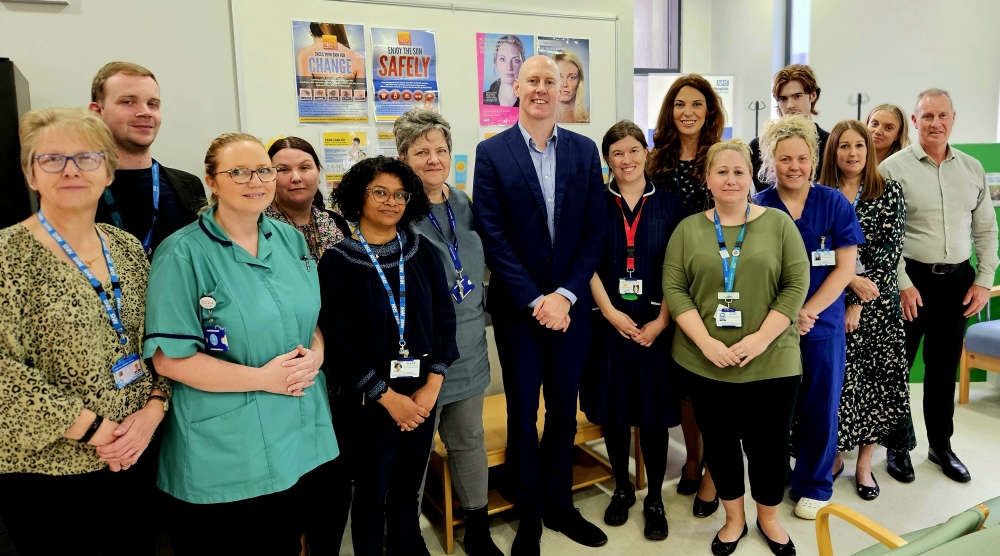 Mid Cheshire Hospitals Dermatology team takes aim at myths and promotes skin health
Mid Cheshire Hospitals Dermatology team takes aim at myths and promotes skin health


